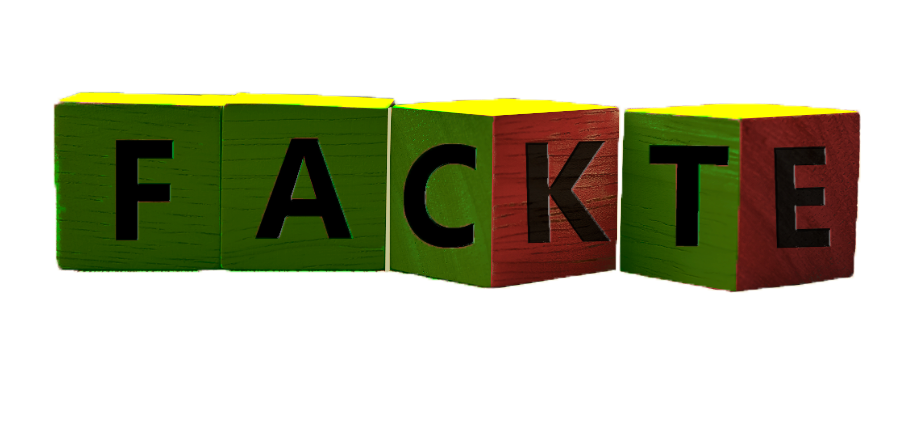Media Turns Disclosure Into Deception
May 31, 2025
by Jaymie Johns

Let’s get one thing absolutely clear right from the start: Elon Musk is not “on drugs.”
He’s taking prescription medication. There’s a difference—a massive one. One that any journalist with even a molecule of integrity should understand. A difference that shouldn’t need defending, but, somehow, here we are.
What set the media off this time? Not erratic behavior, not a meltdown on live TV, not even a string of reckless decisions. No—what launched the latest moral panic was the revelation that Musk takes ketamine, legally prescribed by a doctor, to treat depression and other issues. And—brace yourself—he had disclosed this to leadership at X beforehand, even posted about it on the platform.
That’s it. That’s the whole “scandal.”
A man under unfathomable pressure, carrying the weight of multiple industries, publicly acknowledging his use of a legal, FDA-approved medication… and he’s being punished for not bottling it up (which we’ve all been told to not do, by the way).
This isn't a not a new phenomenon.
Any time Elon Musk steps outside the realm of carefully sanitized public behavior, the media pounces. His refusal to play their PR game, his bluntness, his lack of filter—it’s treated as liabilities instead of what they are: evidence that he’s a man who isn’t interested in faking polish for public approval.
And yet, the moment he says something a little too strange, a little too honest, the headlines appear like they’ve been sitting in a storage facility just waiting to be used - which they probably have: “Unstable.” “Erratic.” “On drugs.”
But those same outlets conveniently ignore that Musk has been unwaveringly transparent about his personal habits.
In a 2021 podcast, Musk said,
“I don’t even like the taste of alcohol that much. I don’t really drink a lot. I don’t like
doing anything that reduces my alertness.”
In a 2023 interview with Babylon Bee, he reiterated,
“I don’t even like weed. I’ve basically tried almost nothing and didn’t like anything. I don’t
like losing control.”
He basically outed himself as a “square” (that’s what our parents’ called the ‘uncool’ kids, for all you born after the 1990s). But apparently, admitting to treating a very real mental health condition? That’s the moment we draw the line.
This is where the hypocrisy turns malicious.
Ketamine is prescribed every day in this country to people struggling with depression, PTSD, anxiety, and more. It’s not some fringe treatment. It’s a viable option when others haven’t worked. And for many, it’s been life-changing, even life saving.
So why is it suddenly scandalous when Elon Musk uses it?
Because it’s not really about the medication; it’s about controlling the narrative.
If Elon is flawed, they can label him unstable.
If he’s open, they can twist it into recklessness.
If he’s managing something difficult, they can turn it into a story of collapse.
Because the truth—that he’s managing his health with responsibility and transparency—doesn’t generate outrage clicks.
So, instead of being honest, the mainstream media makes it sound like he’s shooting up heroin in a dirty alley.
Worse, it reveals how hollow the media’s mental health advocacy often is. They’ll post the hashtags. They’ll tell you to “check on your strong friends.” But the moment someone powerful dares to show vulnerability, they grab their torches and run a smear campaign.
Let’s drop the pretense: this isn’t about concern. It’s about control.
Elon Musk is one of the few individuals on Earth who doesn’t rely on legacy media to shape public opinion. He bypasses them. Heck, he bought an entire social media platform because he was tired of narratives replacing news. And that makes him dangerous—not because of what he’s doing, but because of what he represents.
He’s not just powerful. He’s unfiltered. And they can’t stand it.
This is exactly why Watchdog Media Group was founded.
To call this out when no one else will.
To draw the line between accountability and targeted attacks.
Because when the press starts spinning honesty into instability, they don’t just fail their duty—they actively harm the very ideals they claim to protect.
You don’t have to agree with Elon Musk; you can think he’s a little odd (aren’t we all, though?), you don’t even have to like him.
But if you say you support mental health and say you care about transparency, if you believe that journalism is supposed to inform and not perform—then you should care how this is being framed.
